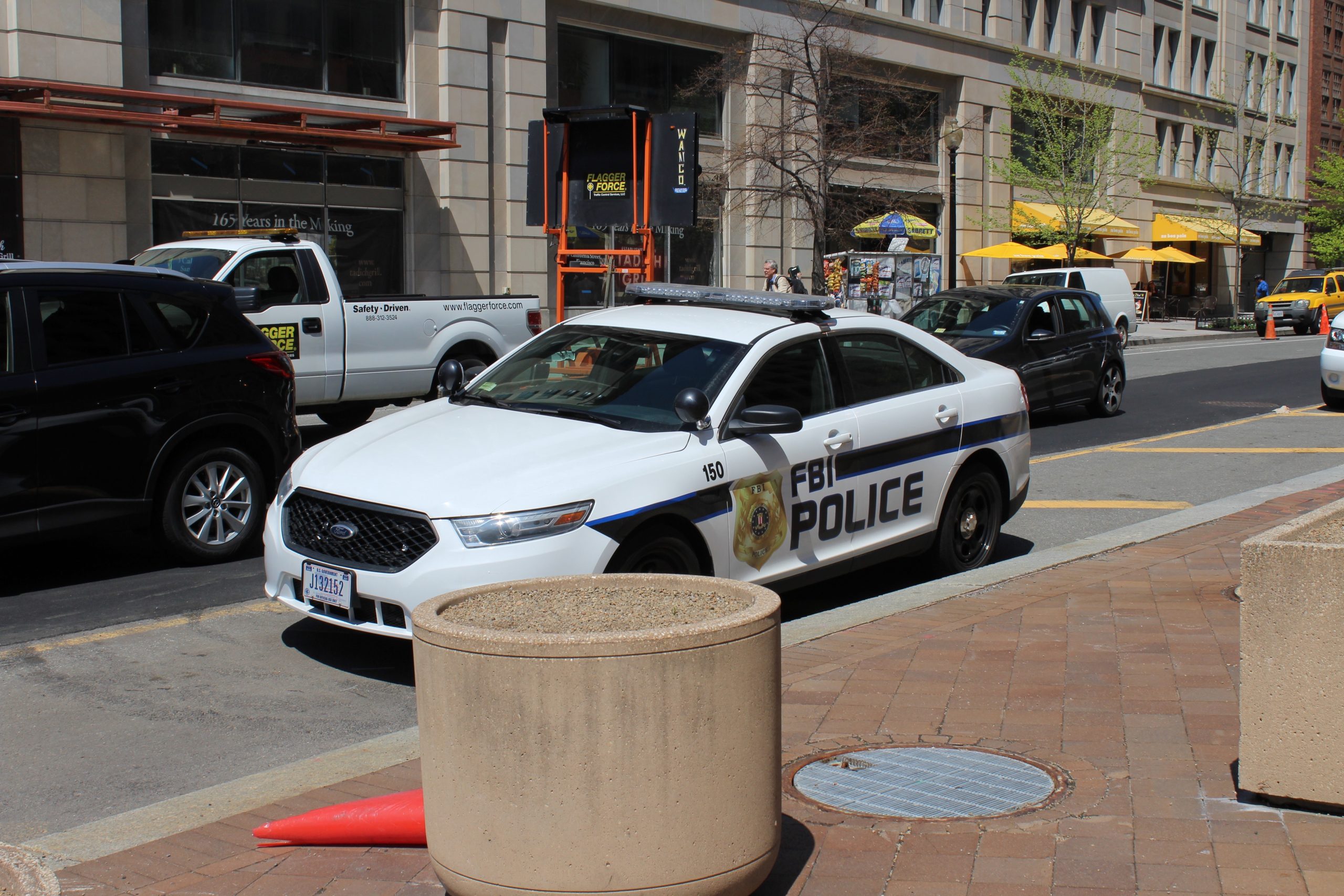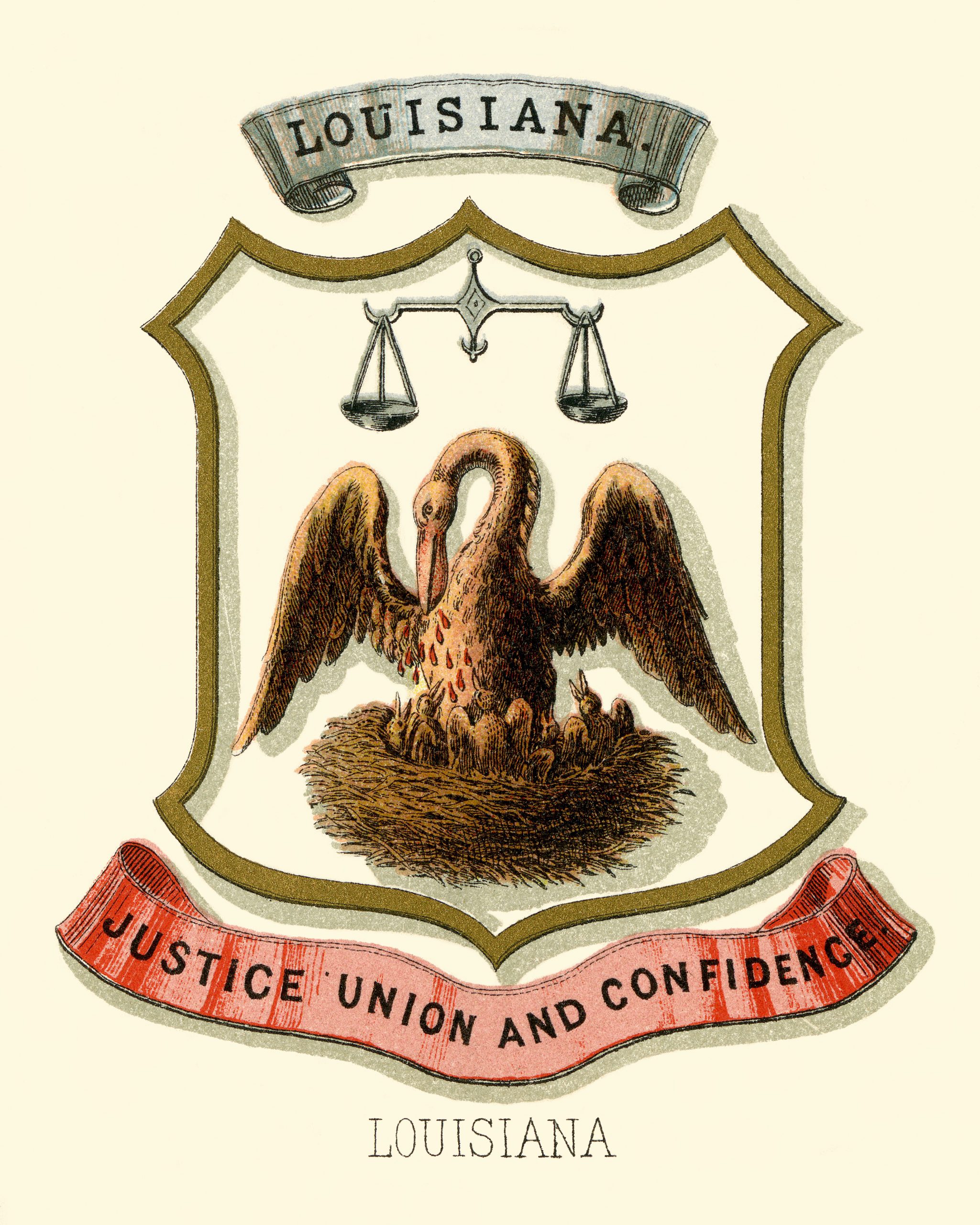 Police officers are trained to enforce the law and are obligated to follow the law. However, when a police officer violates the rules of policing, the officer has a right to written notice and then the right to an appeal if he feels the punishment is unfair. The following case out of New Orleans shows how a police officer’s appeal of disciplinary action can overturn the department’s actions.
Police officers are trained to enforce the law and are obligated to follow the law. However, when a police officer violates the rules of policing, the officer has a right to written notice and then the right to an appeal if he feels the punishment is unfair. The following case out of New Orleans shows how a police officer’s appeal of disciplinary action can overturn the department’s actions.
Officer Jones (Jones) and Officer Smith were sent to Canal Street due to a disruption at a bar. The officers were notified that Ms. Dana Earles broke another patron’s sunglasses while under the influence. The officers arrested Ms. Earles. While in the police vehicle, Ms. Earles recounted an unidentified officer had raped her at an unspecified time. The officers informed their superior of the arrest and Ms. Earles’s allegation.
An investigation was launched against Jones by the New Orleans Police Department (NOPD) and the Public Integrity Bureau (PIB) for his failure to abide by Rule 4, Performance of Duty clause of the Civil Service Commission (CSC). Jones was later reprimanded. Jones petitioned the reprimand.
 Insurance Dispute Lawyer Blog
Insurance Dispute Lawyer Blog


 Car accidents are extremely traumatic events that can impact the lives of anyone involved. The legal issues arising after a car accident can be complex and affect everyone involved. For example, what are the rights of a tutor when bringing claims on behalf of the children they are responsible for? Will they be considered “parents” under the law and be allowed to bring a claim for loss of consortium? The following case out of Baton Rouge discusses those issues in relation to a car accident.
Car accidents are extremely traumatic events that can impact the lives of anyone involved. The legal issues arising after a car accident can be complex and affect everyone involved. For example, what are the rights of a tutor when bringing claims on behalf of the children they are responsible for? Will they be considered “parents” under the law and be allowed to bring a claim for loss of consortium? The following case out of Baton Rouge discusses those issues in relation to a car accident.  Filing a medical malpractice lawsuit in Louisiana requires the plaintiff to pay a bond before the medical review panel is conducted. But what do you do when you cannot pay the bond? Is there a way to still proceed with your case? The following medical malpractice lawsuit out of Jefferson Parish shows that if you are granted pauper status under La. C.C.P. art. 5181, you could be relieved of the bond requirement.
Filing a medical malpractice lawsuit in Louisiana requires the plaintiff to pay a bond before the medical review panel is conducted. But what do you do when you cannot pay the bond? Is there a way to still proceed with your case? The following medical malpractice lawsuit out of Jefferson Parish shows that if you are granted pauper status under La. C.C.P. art. 5181, you could be relieved of the bond requirement. After a workplace accident, an employee may be flustered, but it is essential that the employee promptly becomes knowledgeable about court requirements and deadlines. If a claim is not filed within an allocated timeline, the claimant may be barred from bringing the claim forward. The following case out of Jefferson Parish shows why, if you’re fax filing a lawsuit, you must follow the rules precisely.
After a workplace accident, an employee may be flustered, but it is essential that the employee promptly becomes knowledgeable about court requirements and deadlines. If a claim is not filed within an allocated timeline, the claimant may be barred from bringing the claim forward. The following case out of Jefferson Parish shows why, if you’re fax filing a lawsuit, you must follow the rules precisely.  Some consider the workplace as their second home. It is a place where one can thrive intellectually and network simultaneously. However, when a workplace becomes hostile or sexually charged, it can make an employee’s life unbearable. Therefore, to bring a successful claim against FMLA and a hostile workplace, a plaintiff must prove all elements under FMLA and show proof the hostile environment affected their well-being.
Some consider the workplace as their second home. It is a place where one can thrive intellectually and network simultaneously. However, when a workplace becomes hostile or sexually charged, it can make an employee’s life unbearable. Therefore, to bring a successful claim against FMLA and a hostile workplace, a plaintiff must prove all elements under FMLA and show proof the hostile environment affected their well-being. Although a car accident may result in minor damage to your vehicle, it can cause greater damage to your life. By seeking medical treatments and altering your lifestyle due to accident-related injuries, you deserve to be adequately compensated. The following lawsuit, out of Jefferson Parish, Louisiana, shows how courts deal with damage awards and the request to increase the same.
Although a car accident may result in minor damage to your vehicle, it can cause greater damage to your life. By seeking medical treatments and altering your lifestyle due to accident-related injuries, you deserve to be adequately compensated. The following lawsuit, out of Jefferson Parish, Louisiana, shows how courts deal with damage awards and the request to increase the same. Getting treatment and medication can be challenging when recovering from an on-the-job injury. If you are injured at work, you may want to pick up prescriptions at the local pharmacy closest to you. While you may have interpreted Louisiana’s Workers’ Compensation statutes to allow for “choice of pharmacy” in the past, the rule is clear. The following case out of the Louisiana Supreme Court shows why the choice in pharmacy for a work-related injury belongs to the employer.
Getting treatment and medication can be challenging when recovering from an on-the-job injury. If you are injured at work, you may want to pick up prescriptions at the local pharmacy closest to you. While you may have interpreted Louisiana’s Workers’ Compensation statutes to allow for “choice of pharmacy” in the past, the rule is clear. The following case out of the Louisiana Supreme Court shows why the choice in pharmacy for a work-related injury belongs to the employer. A considerably large percentage of the United States population holds student loan debt. In addition, most individuals who attend higher education institutions in today’s society graduate with some debt. Phillip Kuzma knows this too well.
A considerably large percentage of the United States population holds student loan debt. In addition, most individuals who attend higher education institutions in today’s society graduate with some debt. Phillip Kuzma knows this too well.  While holding the owner responsible for a dog’s behavior is typically the norm, most reasonable people would know not to approach a barking dog in a gated residence. However, Demetrious Frazier found himself at odds with Luke Difulco after being bitten by one of his dogs while performing his work duties at their home. The following lawsuit answers the question; if you approach a barking dog and it bites you, is the owner liable for your injuries?
While holding the owner responsible for a dog’s behavior is typically the norm, most reasonable people would know not to approach a barking dog in a gated residence. However, Demetrious Frazier found himself at odds with Luke Difulco after being bitten by one of his dogs while performing his work duties at their home. The following lawsuit answers the question; if you approach a barking dog and it bites you, is the owner liable for your injuries? While a settlement can be a beneficial way to end a legal dispute, it can have long-lasting implications. If you are considering signing a settlement agreement and release, you must understand the possible effects of entering into such an agreement. A prior settlement agreement and release could result in a dismissal of a future lawsuit you bring against a party on the other side of the settlement agreement. The following lawsuit shows why one should carefully review any settlement agreement before signing. Otherwise, you may suffer harsh consequences.
While a settlement can be a beneficial way to end a legal dispute, it can have long-lasting implications. If you are considering signing a settlement agreement and release, you must understand the possible effects of entering into such an agreement. A prior settlement agreement and release could result in a dismissal of a future lawsuit you bring against a party on the other side of the settlement agreement. The following lawsuit shows why one should carefully review any settlement agreement before signing. Otherwise, you may suffer harsh consequences.